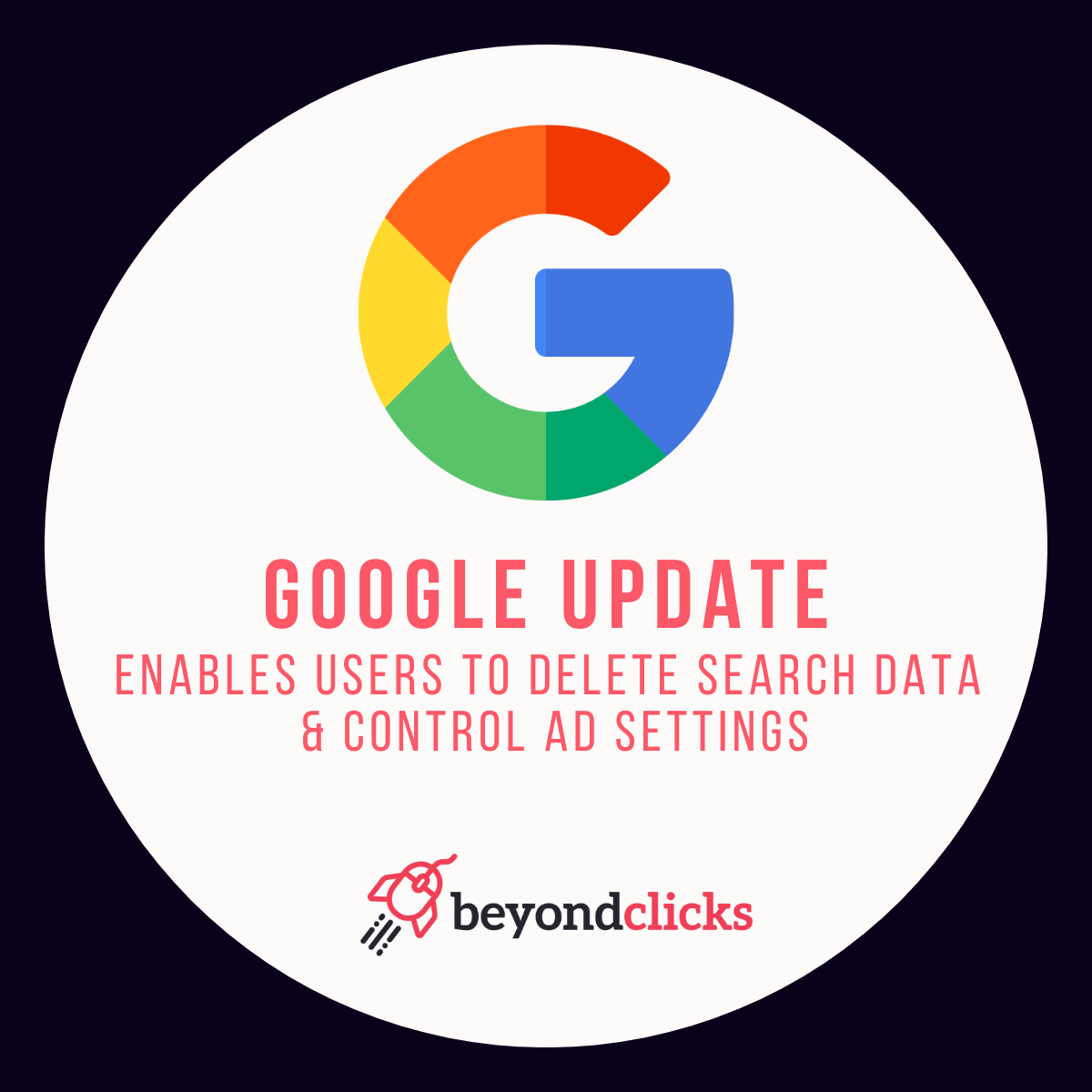On Wednesday 24th October Google updated its user privacy controls. Which enables users to delete their recent search activity and will mean users will be able to control the ads they see. You can view these new features on Google’s Home Search page across all devices. This will be released in the next coming weeks on the IOS & Android Google App.
To use this new feature users will need to be signed into their Google account, this will result in users being able to access their search data without going into their Google Account home page. Also it will stop users having to click through to the settings page and clicking “Personal Info & Privacy”. On Mobile “your data in search” will be located on the top left hand side of the Googles Results home page.
Google earlier on in the year launched a new Google account experience that puts your privacy and security front and center. Google updated their Privacy Policy with new videos and clearer language to better describe the information they collect. The reason behind collecting and how Google control this, will result in a lot more users understanding Googles Privacy Policies.

Important Information For Search Marketers:
Google made a lot of major changes throughout the platform to make sure they are following all the guidelines towards the EU’s GDPR legislation. Since the news broke out with the Cambridge Analytica had used an app to harvest and exploit Facebook user data. Google and other online platforms who use users data have been forced to take more care and put their full attention on how they store users data. This has resulted for businesses to make users data more transparent for when data is used for ad targeting purposes.
Google have taken this step in order to follow the correct guidelines of showing where the data has come from. This could result in having an impact on advertisers in the following ways; It is now easier for users to delete and control their own search data, making it more difficult to target ads to them. The next for users to react quicker to ads that they don’t like and don’t want to see. This could be an advantage to some advertisers as these controls could help advertisers avoid serving ads to unresponsive audiences.

Google mentioned next year, they are looking at expanding this to their Maps feature, followed by many other products. By Google giving users access to relevant and actionable privacy controls directly from Google products you can use every day is just one way Google are continuously working to build privacy that works for everyone.
